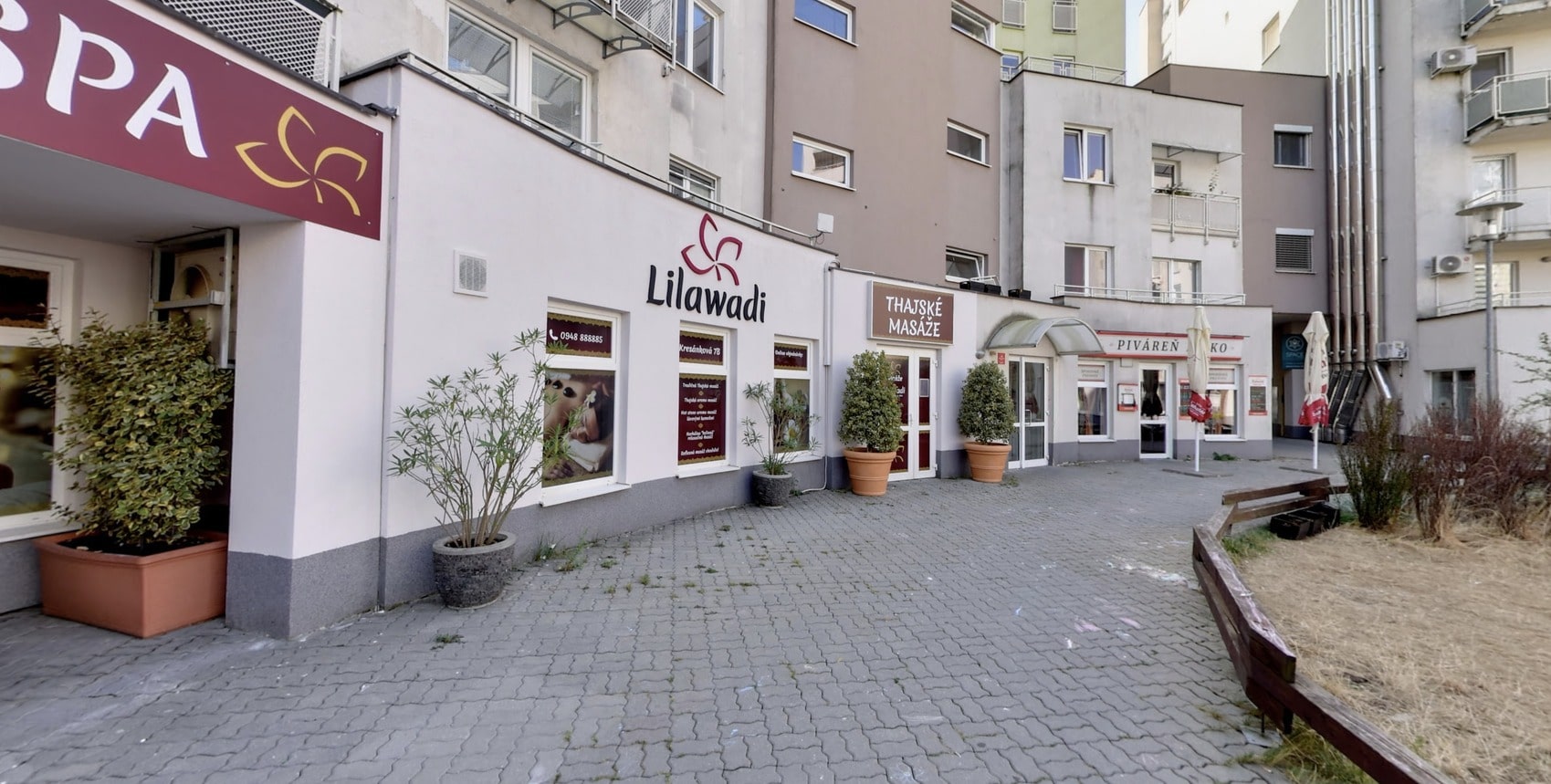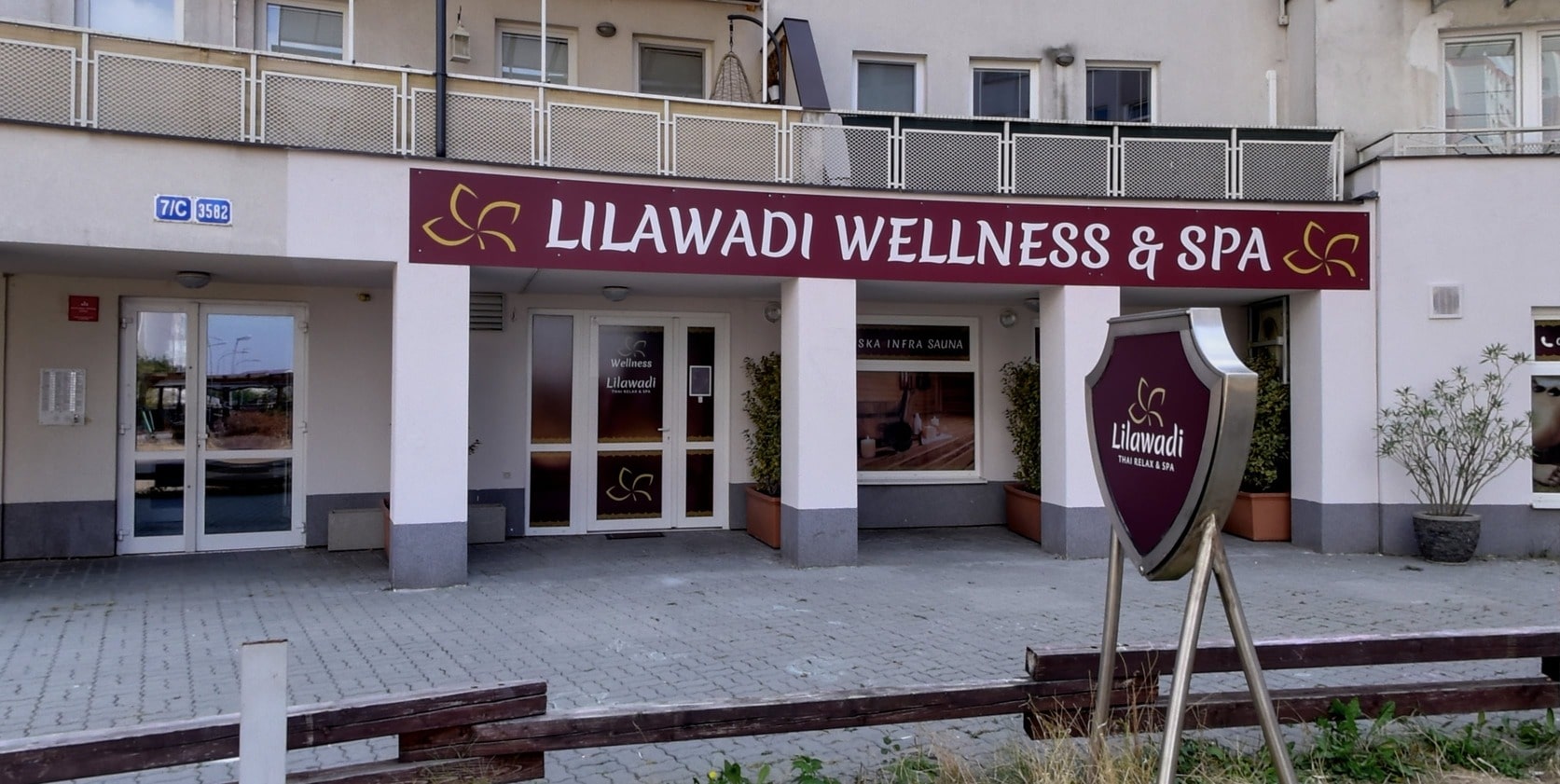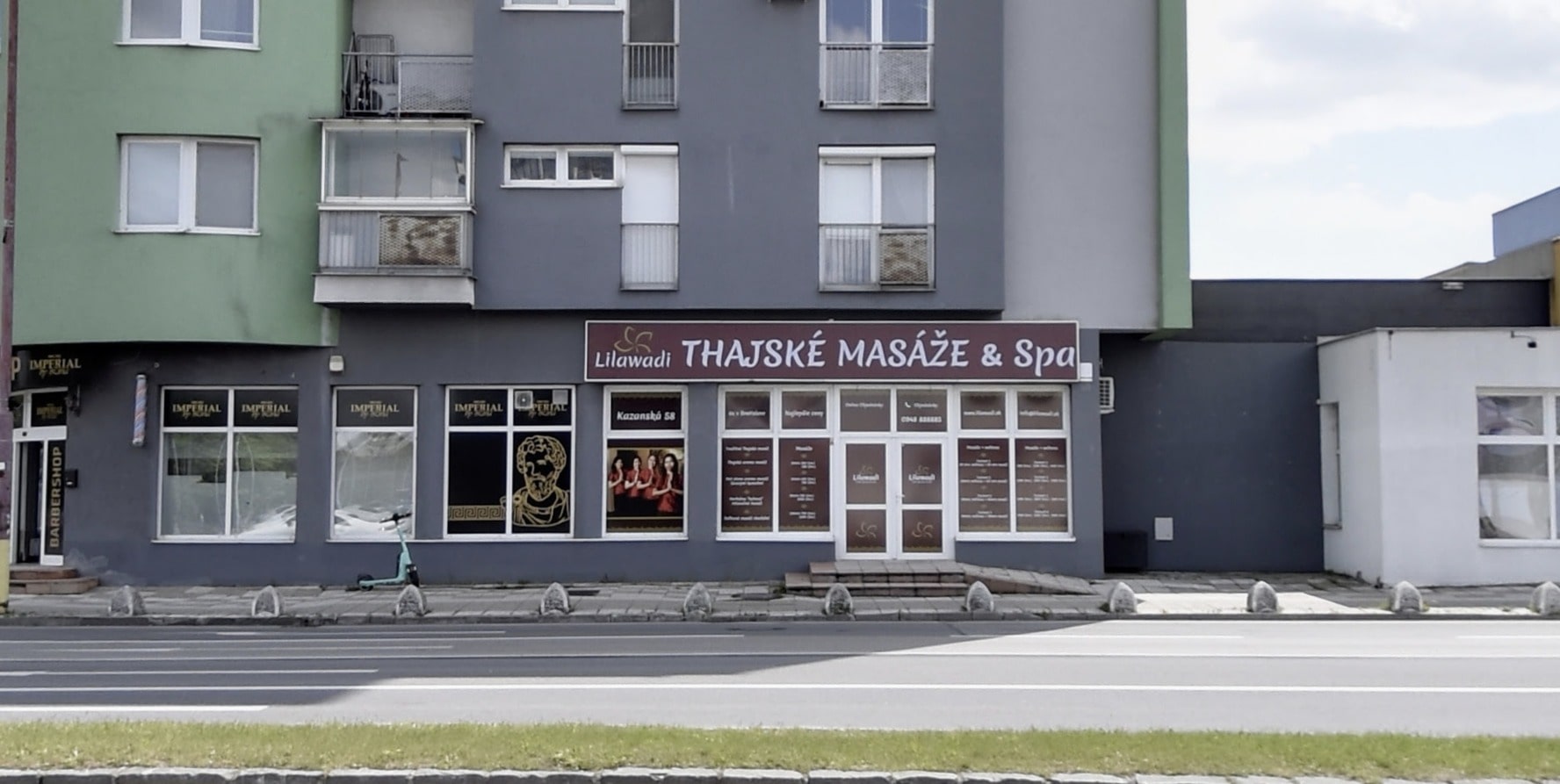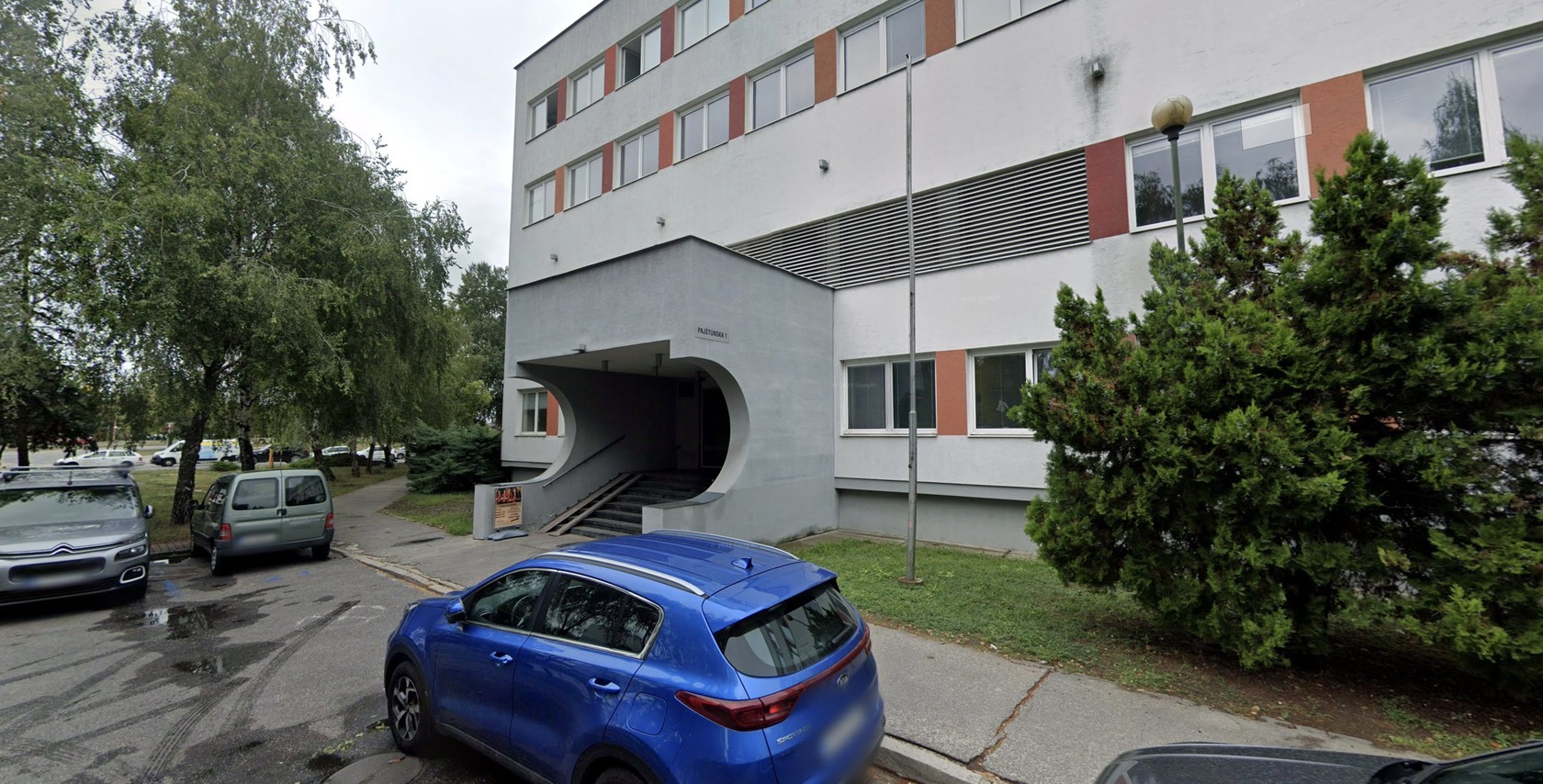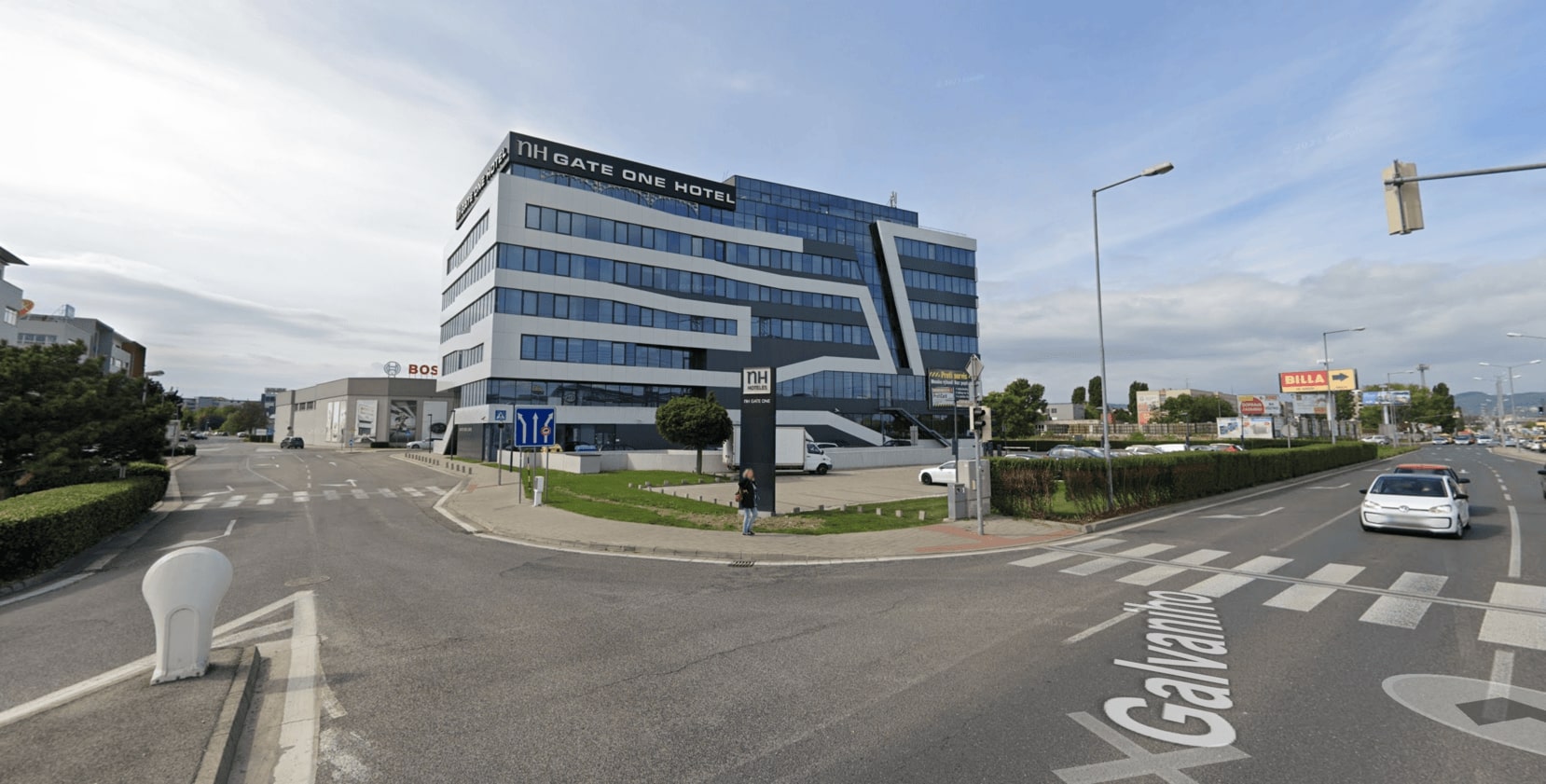In short: Thai massage is not a religion, but a traditional form of body care. For Christians, it can be a safe form of relaxation and healing, as long as it is viewed as a health and regeneration practice, not a spiritual ritual.
Understandable concerns about spiritual background
Many Christians ask the legitimate question: “Isn’t Thai massage connected to Buddhism or Eastern religions?“
It is true that the roots of Thai massage lie in Thailand, where traditional medicine is intertwined with Buddhist culture. People raised in a Christian environment may be concerned that some historical sources mention “energy pathways” or a “meditative approach.”
Questions that may arise
These doubts can lead to hesitation:
- Am I promoting another faith?
- Am I opening myself up to “foreign spirituality”?
- Isn’t it better to stick with physical therapy?
And this is where the barrier arises. Fear and misunderstanding can cause Christians to give up something that could really help them with back pain, fatigue, or mental exhaustion.

A Thai masseuse is not a guru, but an expert in relaxation and healing techniques.
Facts about Thai massage
Thai massage is a manual technique for relaxing muscles, joints, and fascia using pressure, stretching, and rhythmic movements. What is part of traditional medicine in Thailand is practiced in Europe as a wellness and regeneration method—similar to Swedish massage or reflexology.
In a European massage salon, it is purely a physical therapy. The masseur does not act as a spiritual guide, but as an expert in relaxation and healing techniques. It is not meditation or a religious act.
Thai massage from a Christian perspective
So how should we view it from the perspective of the Christian faith?
The body as the temple of the Holy Spirit: The Bible says, “Your body is the temple of the Holy Spirit” (1 Cor 6:19). This means that we should take care of it and look after it. Massage is a natural way to prevent pain and promote health—just like proper nutrition, exercise, and rest.
Distinguishing intent: Christians do not go for a massage to seek a spiritual experience, but for rest, relaxation, and health promotion. The difference, then, is in the intent.
Ethics and intention: God sees into your heart. If the goal of massage is to regenerate the body and promote health, it is in line with Christian care for the gift we have received.
Health benefits confirmed by science
Thai massage has many scientifically proven health benefits:
| Area of operation | Health benefit | Biblical principle |
| Muscle tension | Relieves stress, alleviates back and neck pain | Caring for the body as a temple (1 Cor 6:19) |
| Mobility | Improves joint flexibility and range of motion | Ability to actively serve others |
| Circulation | Supports blood and lymph flow, detoxification | A healthy body = a healthy life in faith |
| Stress and the psyche | Reduces cortisol, improves sleep and mood | “Peace I leave with you” (John 14:27) |
| Regeneration | Helps with recovery after physical exertion | Rest as a gift from God (Mark 6:31) |
For Christians, this means that massage is a legitimate way to care for the body that we have received as a gift from God.
How to choose the right massage salon
If you want to be sure that the massage will be in line with your values, follow these guidelines:
Check the salon’s approach: It should clearly communicate that it is a health and relaxation service. Check the website, reviews, and overall communication.
Ask directly: If you have concerns, don’t hesitate to ask if the massage includes spiritual or religious elements. A professional salon will respond clearly and with understanding.
Look for professionalism: Massage therapists should be certified and focus on physical techniques, not spiritual practices. Have a clear intention: Before the massage, tell yourself, “I am here for health, regeneration, and relaxation.“

Thai massage relaxes muscles, joints, and fascia using pressure, stretching, and rhythmic movements.
Practical tip for believers
Many believers combine massage with their own spiritual practices – before the session, they say a short prayer or express gratitude for the opportunity to relax and care for their body. In this way, they connect physical regeneration with spiritual peace and entrust the entire experience to God.
Warning: If you come across a salon that mixes massage with esoteric rituals or “energy healing,” it is wise to choose another one. You always have the right to say what you are comfortable with.
Frequently asked questions
Is Thai massage a form of meditation?
No. It is a therapeutic technique that works with the body. Meditation and religious content are not part of it.
As a Christian, can I safely have a Thai massage?
Yes, as long as you perceive it as body and health care, not as a spiritual ritual.
Isn’t it a “Buddhist ceremony”?
No. In Europe, Thai massage is practiced as wellness and health care, similar to physical therapy or classic massage.
What if I want to be sure that it is in accordance with my faith?
Talk to the massage therapist, choose a salon with a health-oriented approach, and entrust the whole experience to God in prayer.
What are these “energy pathways”?
In traditional Asian medicine, this is a conceptual description of pathways in the body. In modern practice, it involves working with fascial lines, muscle chains, and the nervous system—a purely physiological approach.
Conclusion
Thai massage is safe and beneficial for Christians as well, if it is perceived for what it really is—a therapeutic technique for relaxing the body and promoting health. The difference lies in the intention: if you are looking for relaxation and regeneration, not a spiritual experience, Thai massage is in harmony with caring for the body, which is a gift from God.
Massage does not have to be at odds with Christianity, but on the contrary, it can become a practical way to honor the gift of health and care for the body with gratitude and responsibility.
Book your time to relax today and treat yourself to care that respects your faith.

